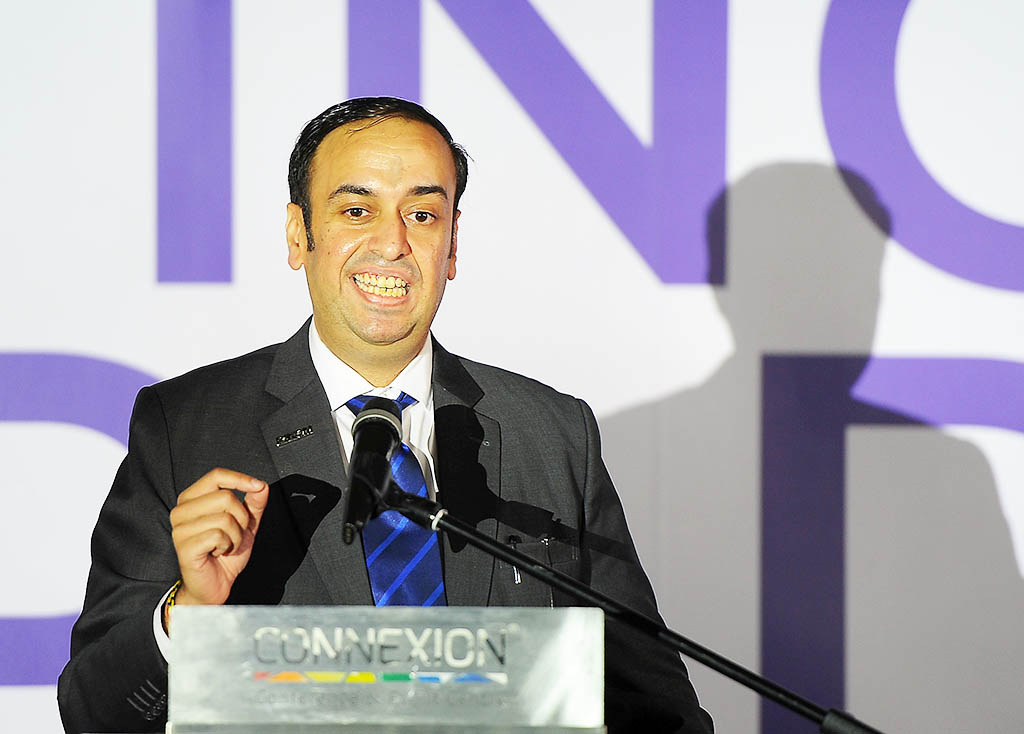Malaysia needs to digitise quicker to stay competitive
MALAYSIA needs to be quicker in undergoing digitisation in order to remain relevant in this digital world, as the country runs a high possibility of losing out to its neighbouring countries.
There should be an improvement in the way grants are disbursed and in implementing the right policies to ensure the country is not left behind, said Ganesh Kumar Bangah (picture), outgoing chairman of the National Tech Association of Malaysia (Pikom).
“Our competitor today is not Singapore. Our competitor today is Indonesia, our competitor today is Vietnam.
“If we don’t move as fast as our competitors, if our government doesn’t provide the right incentives as it did over the last 15-20 years, we will have lost out,” he said in his final media briefing as Pikom chairman in Petaling Jaya, Selangor, last week.
Giants such as Samsung Electronics Co Ltd and Apple Inc are looking to set up factories outside of China, he noted, adding that places like Hanoi are now home to “amazing” technology deployments.
“If we do not adopt technology, and we don’t have the right talent that is able to use technology, we will not be as attractive as a foreign direct investment destination as these countries are,” Ganesh said.
Malaysia’s neighbour, Indonesia represents a US$60 billion (RM240.4 billion) market, which can be tapped one of two ways — either go there or wait for them to show up on our doorstep for opportunities, he added.

The good news today, however, is that small and medium enterprises (SMEs) understand the importance of digitisation compared to nearly two decades ago. In 2000, Ganesh said SMEs were “extremely sceptical” and concerned over customer response when asked to sell their products online.
“But many things have changed now and today it is very different. They realise the need to digitise, even though our SMEs out there don’t really know what is big data or Industry Revolution 4.0,” he said.
A mishap also occurred during the tabling of Budget 2020, whereby the grants offered to SMEs in terms of brochures were not genuine. When Pikom contacted the relevant authorities, it was found that the programmes were not up and organised yet.
“I think this is where the industry role comes in. Because, if we are not there to advise, forms will be filled, money will be paid and grants are not disbursed,” Ganesh said.
While the association is happy with the national budget’s digital push, improvements could be made in the manner of disbursements of monies.
“I think the right way is that grants should be in the form of “application-based incentives”, rather than a simple financial aid.
“We need to identify applications that will help SMEs in subsectors and then provide the funding for those applications,” Ganesh said.
Moving forward, it is important for policymakers to set and determine the right kind of policies and initiatives for the tech industry.
While much can be gleaned from listening to the likes of Alibaba Group Holding Ltd, Malaysia also needs to have her own industry experts to advise both the administration and the sector.
“Let’s understand that this industry is not just about skills because skills change. What ensures that we remain competitive is our attitude,” he added.
Meanwhile, the outgoing chairman recently launched “Future Digital”, a Pikom think tank which will be responsible for formulating and presenting key policy directions that will have the most significant effect to help guide key industry and country leaders on a more positive course of tech development.
The committee members of the think tank include Pos Malaysia Bhd chairman Datuk Yasmin Mahmood, Microsoft Malaysia national technology officer Dr Dzaharudin Mansor and Universiti Malaya chairman Tengku Datuk Dr Mohd Azzman Shariffadeen Tengku Ibrahim.
Source: https://themalaysianreserve.com/2019/12/03/malaysia-needs-to-digitise-quicker-to-stay-competitive/


 Thailand
Thailand




